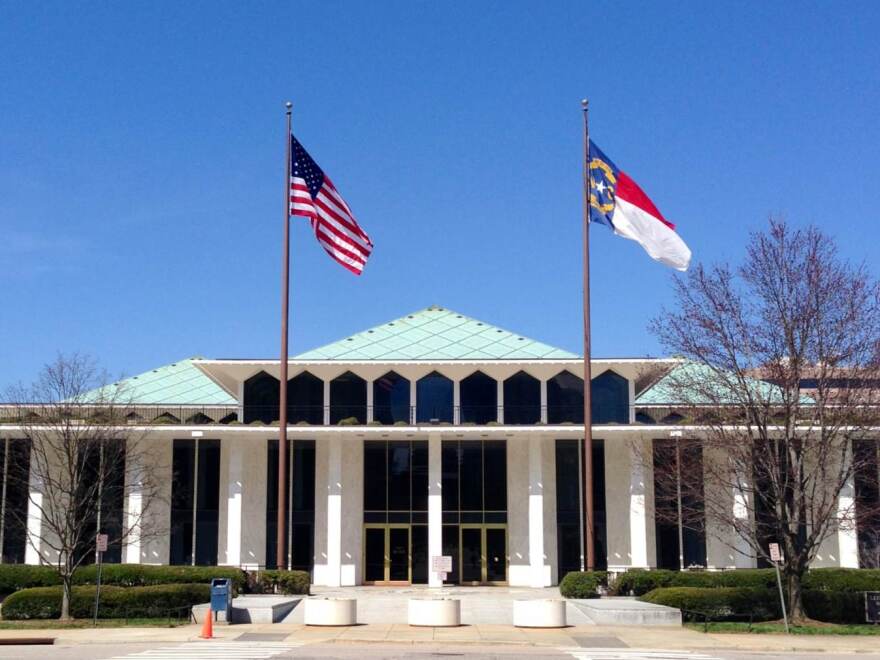State lawmakers will reconvene later this month in Raleigh, though it’s unclear how much will get accomplished. If last year was any indication divided state government will mean plenty of inaction.
In 2019, nearly 1,700 pieces of legislation were filed in the North Carolina General Assembly. Only 217 advanced up the street to the governor – about 15 percent.
It’s typical for the state Legislature to pass just a small fraction of the bills that are introduced (though it’s not nearly as bad as Congress). But, 2019 broke records.
It was the second longest legislative session in North Carolina history. Yet, no new state budget got enacted. No divisive social policies like the “bathroom bill” of 2016. No Medicaid expansion either.
"As you look at the people in North Carolina that don’t have health insurance, nobody got anything from this session,” said Meredith College political scientist David McLennan.
There are an estimated 500,000 North Carolinians who remain in a health coverage gap. Debate over whether to provide healthcare access by expanding eligibility for the federal Medicaid program was the catalyst for much of the standoff between Republican state lawmakers, Democratic Gov. Roy Cooper, and his allies in the statehouse.
For the first time since 2012, the GOP no longer had supermajorities in either the House or Senate. The governor vetoed 14 bills. The Legislature was not able to override any of them.
In the previous eight years, Republican lawmakers had accomplished much of what they wanted on tax cuts and social issues. They could afford to ease off the accelerator in 2019. And, McLennan observed, they were cautious about what they sent over for Cooper to shoot down.
“They didn’t have the automatic veto override that they had in previous sessions,” he said.
While policy discussions in the General Assembly last year ranged from whether to arm teachers, ban texting while driving, or give Duke Energy more autonomy in changing electricity rates, ultimately none of those policies came to fruition.
Once lawmakers gavel in again on Jan. 14, it’s conceivable that a new state budget could be enacted. Or some agreement could be reached on healthcare.
What is more likely is that compromise will continue to take a back-seat to finger-pointing, vetoes, and the campaign trail.
Along with the governorship, all 170 seats in the House and Senate are up in 2020. Those elections will decide whether state government stays divided.






